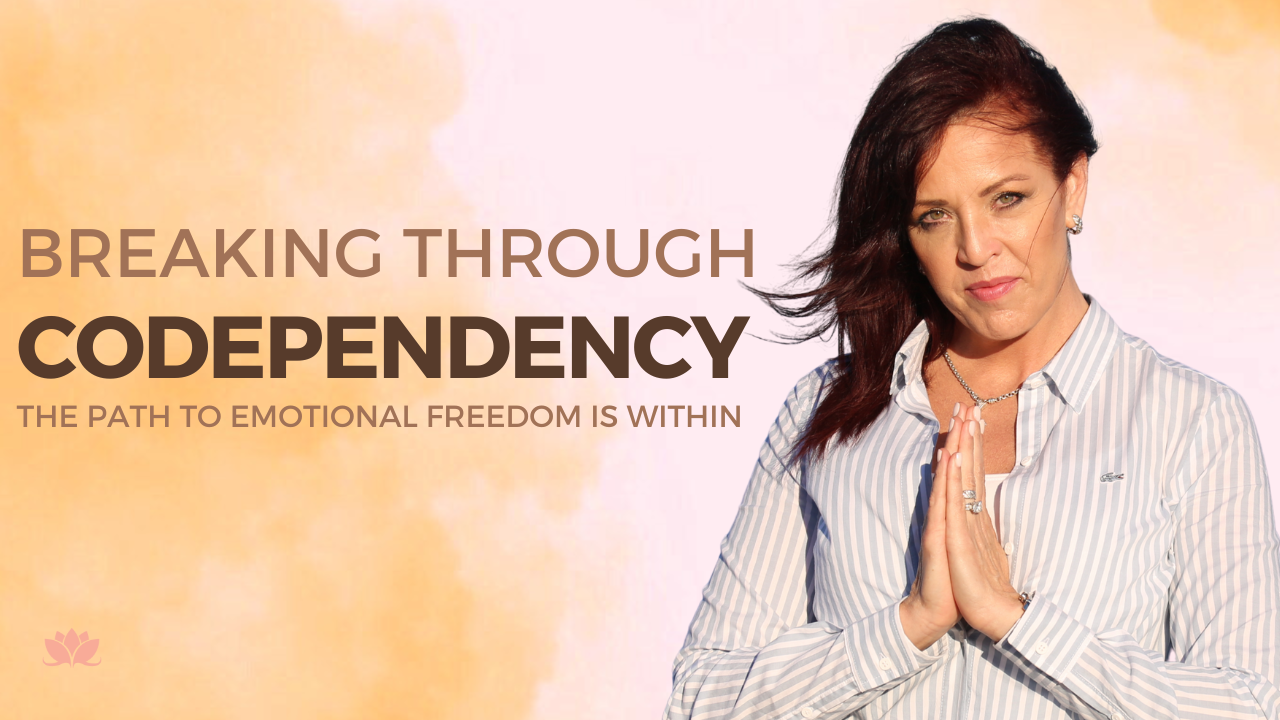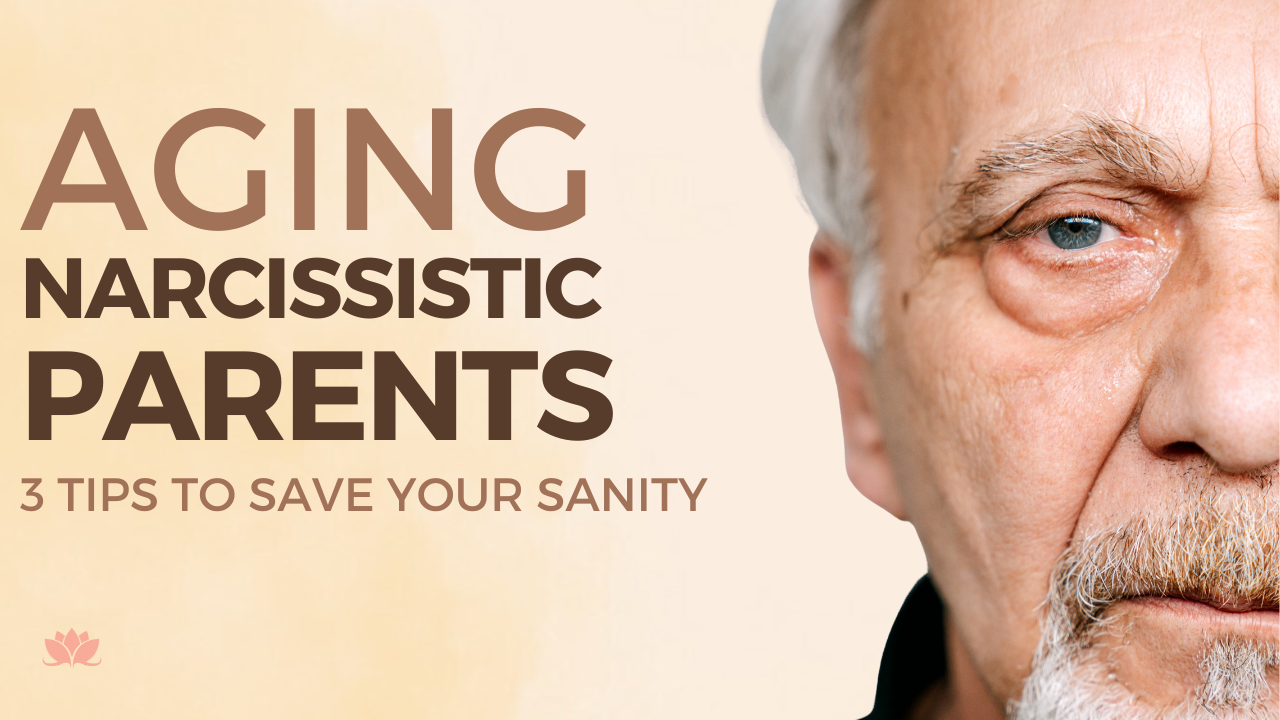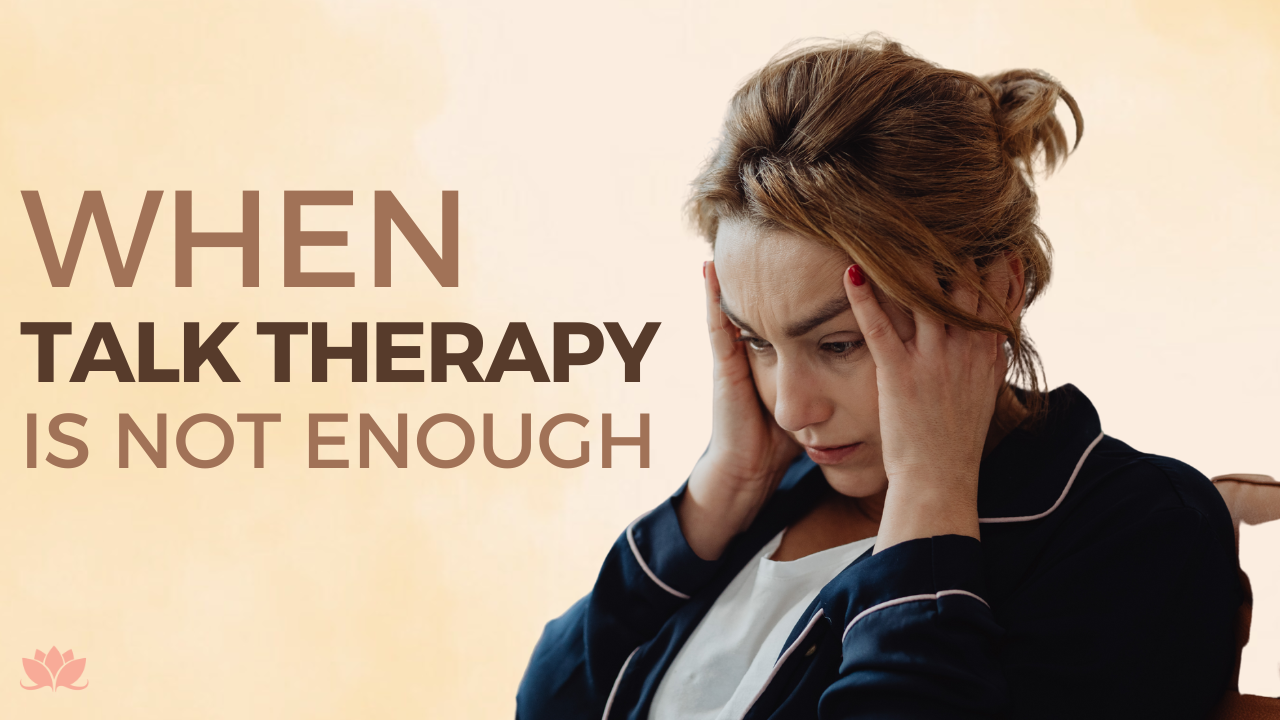Overcome Shame; 3 Tips to Heal
You can overcome shame by learning to be less judgmental of yourself and by developing self compassion. By developing a nonjudgmental attitude toward yourself, you can help heal shame and overcome codependency in your life and form healthy relationships with others.


The most damaging emotion is shame.
Shame is the byproduct of a mental construct created over time by many experiences that results in crippling emotions. Often, the tracks of shame take form when we are children, and sometimes before we are verbal. The brain of a newborn processes sensory input like a fine-tuned computer. It knows when the being it is helping make sense of the world is safe or unsafe. The brain's job is to ensure survival, so of course, it has come prebuilt to recognize when the soul born into the body is safe or unsafe.
But when we are newborns, we don't know that our brains are making neurological adjustments to sensory data, nor do we know the personality or the masks we will wear as we age are impacted by how the brain triages sensory information.
If we feel loved, we presume we are safe.
However, if we feel unloved, we presume we are unsafe. And we also eventually presume it is our fault we feel unloved and unsafe.
Up until the age of 7, all children, including the child you once were, are in a hypnotic brainwave state, rapidly downloading data to try and figure out how to survive a world their brain has decided is unsafe.
Unaware we are unaware, as children, we presume our emotions are true, and worse, we assume that all we experience is our fault.
When we feel shunned, many things occur.
- The brain is processing this experience as painful
- The mind is trying to find a solution to resolve the pain
- The brain's neurological system is wiring itself to remember this experience
- Memories are being formed both explicit and implicit
- The personality is being shaped, including self-worth, self-concept, and worldview
- The nervous system is activated
- Emotions are being stored in the body
These are just a few automatic processes that occur daily and continuously within each of us.
Codependency Helps Us Avoid Pain and Shame, or So We Think
People pleasing, denying our needs, taking care of others, and becoming what other people want, expect, or need us to be are often some solutions our mind often comes up with to avoid becoming shunned in the future. Shame can be understood as a linchpin that keeps the codependent train running.
I am passionate about offering people like you the knowledge, resources, tools, science-backed data, and processes to help you break any chain of the past holding you back!
I was that shame-based young child who eventually developed codependency, eating disorders, depression, and anxiety and nearly lost her life due to shame. And today, I know too much about the power of consciousness and even love not to share this transformative information with you in a way that has allowed me to make sense of my past, heal it, and move my life forward healthily.
Today, I wish to share some powerful knowledge and tools to help you overcome shame.
So, are you tired of feeling weighed down by shame and self-judgment?
Do you wish you could view yourself without constantly labeling your experiences and actions as good or bad?
Would you like to get through a day without being overwhelmed by self-criticism and fear over how others feel or think about you?
And would you like to feel like you were enough despite making mistakes, so you could finally start living authentically?
If so, then I have some good news for you.
Overcoming shame is possible, starting with changing how you view yourself.
One of the most effective ways to overcome shame is to view yourself without judgment. This means letting go of the idea that your experiences and actions are inherently good or bad. Instead, view them simply as experiences and actions you can learn from.
Remember, it is not you, and it is only your programming.
It is not your fault the brain and personality are affected by external experiences that impact your internal universe. Who we become is directly linked to how we are treated, perceived and how safe or unsafe we feel as children.
As adults, we have a unique ability. We can unleash the power of love in our lives, the love we may have missed benefitting from as children, so that our history does not become our destiny. As the conscious, deliberate thinkers and feelers we can become, we have a right to live our lives for ourselves instead of others!
To do that, we must address shame.
Here are some tips to help you start viewing yourself without judgment:
1. Practice mindfulness. Mindfulness is being present and aware of your thoughts and feelings without judgment. Practicing mindfulness allows you to observe your thoughts and feelings without getting caught up. Rather than constantly attach to them, observe them and decide to let go. When you do this, the neurological pathways that keep shame alive begin to die off. Keep at it.
2. Practice self-compassion. Self-compassion involves treating yourself with kindness and understanding, even when you make mistakes or experience difficult emotions. By practicing self-compassion, you can learn to be kinder and more forgiving towards yourself. If you never give up this practice, the reticular activating system in your brain will change what it focuses upon. Rather than looking for ways to reinforce shame, the RAS will search for ways to reinforce the idea that you're enough! The key is practice.
3. Reframe your thoughts. Instead of labeling your experiences and actions as good or bad, try reframing your thoughts more neutrally. For example, instead of saying, "I'm a bad person for making that mistake," try saying, "I made a mistake, and I can learn from it." Of course, this takes conscious and deliberate thought, so hitting the pause button often throughout the day is also highly useful.
Remember, overcoming shame is a process that takes time and practice. But by viewing yourself without judgment, you can learn to let go of shame and live a happier, more fulfilling life.
Lisa A. Romano is a Life Coach, meditation teacher, and bestselling author changing how emotional abuse and neglect victims overcome subconscious limiting beliefs through her flagship course, The 12-Week Breakthrough Coaching Program. Her online codependency recovery program offers a sound methodology that allows students to take immediate action they benefit from. Her framework supports self-inquiry through a practical, organized, distilled, proven process that results in mental clarity, emotional responsibility, peace of mind, and life skills fostering self-empowerment. Her experiential wisdom, actionable tools, and proven systems and processes have assisted adult children of alcoholics, and those wounded in childhood, to find the courage to live life on their own terms, as opposed to remaining in toxic relationships and perpetual states of self-abandonment, that mirror painful childhood experiences. Her program is offered live with one-to-one coaching and as a self-paced course. The next live course launches soon https://www.lisaaromano.com/12wbcp.



